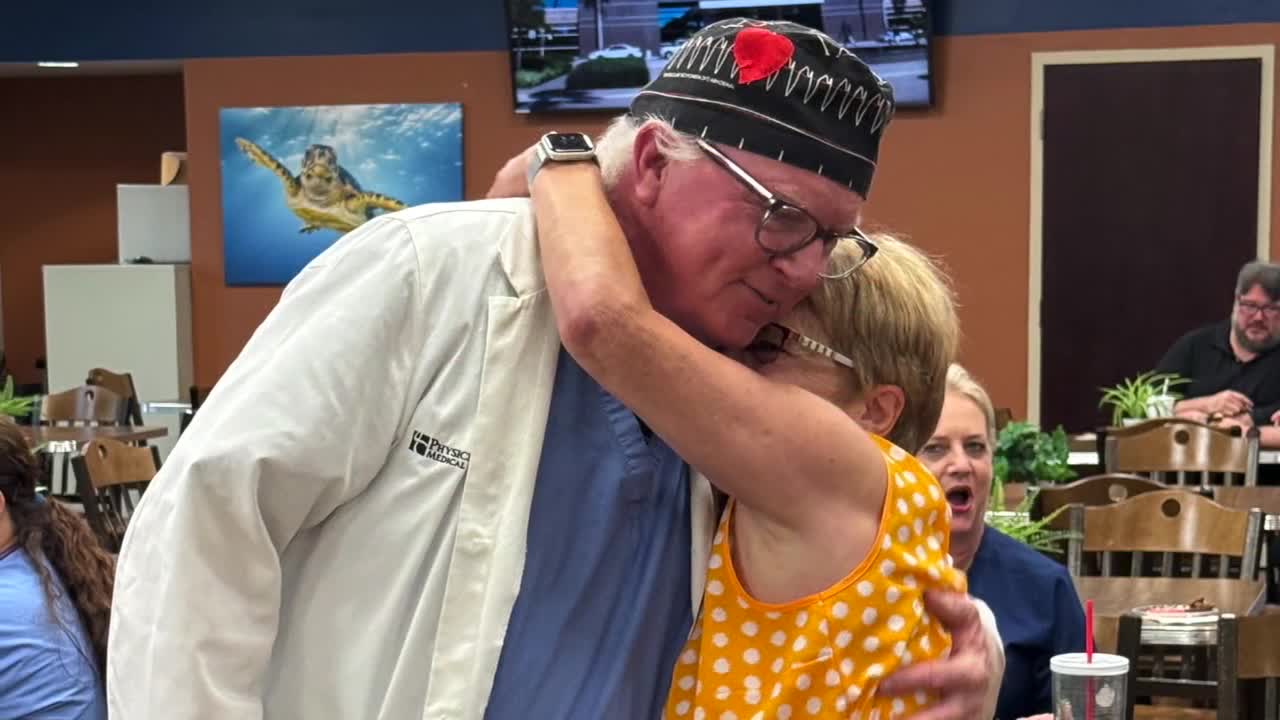NAPLES, Fla. — A Southwest Florida doctor says he diagnoses patients with aortic aneurysms every week, a condition that often shows few symptoms until it becomes life-threatening.
What should you do if you're living with an aortic aneurysm?
Joan Licato, a lifelong dancer who started at age 3, was diagnosed with an aortic aneurysm over ten years ago, which came as a shock given her active lifestyle.
"Dancing and exercise was my whole life," Licato said.

In 2022, while attending a dance class in Naples, Licato experienced a medical emergency that nearly claimed her life when her aorta ruptured.
"They said you turned as white as this sheet of paper," Licato said.
What makes her case particularly concerning is that she didn't experience significant pain during the rupture.
"I didn't feel dizzy or anything I just felt a little strange," Licato said.
Dr. Dennis Stapleton, a cardiothoracic surgeon at Physicians Regional Heathcare System, says Licato is fortunate to have survived.
"Her chances were very low... but I think there's angels watching Joan and she's supposed to be here," Dr. Stapleton said.

According to Dr. Stapleton, aortic aneurysms are difficult to detect before they become dangerous.
"There are very few signs... it's a silent killer," Dr. Stapleton said.
The condition is more common than many Southwest Florida residents might realize, with Dr. Stapleton regularly seeing new cases.
"Every week in the office I see several patients that have gotten that phone call," Dr. Stapleton said.
For those concerned about their risk, Dr. Stapleton recommends getting a "calcium score" test, which can help detect asymptomatic aneurysms before they become life-threatening.
Once detected, medical professionals can monitor the condition and determine the best course of action.
"Once they know they have it and we follow it, we have a pretty good handle on when are the best times to intervene electively," Dr. Stapleton said.

Licato's experience has taught her the importance of having a support system during health crises.
"With something like this that's so important, you should confide in someone close to you," Licaot says. "Especially when a doctor is watching you."




